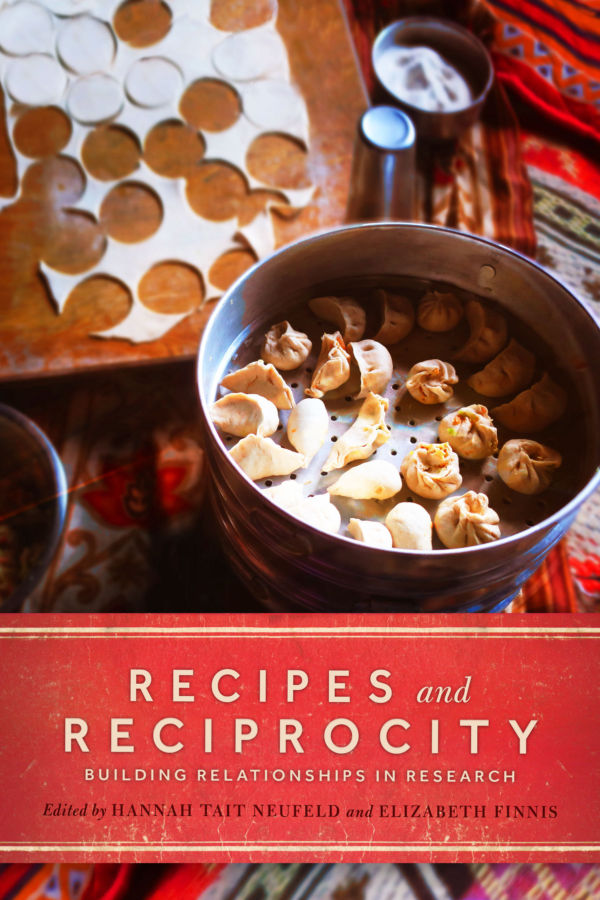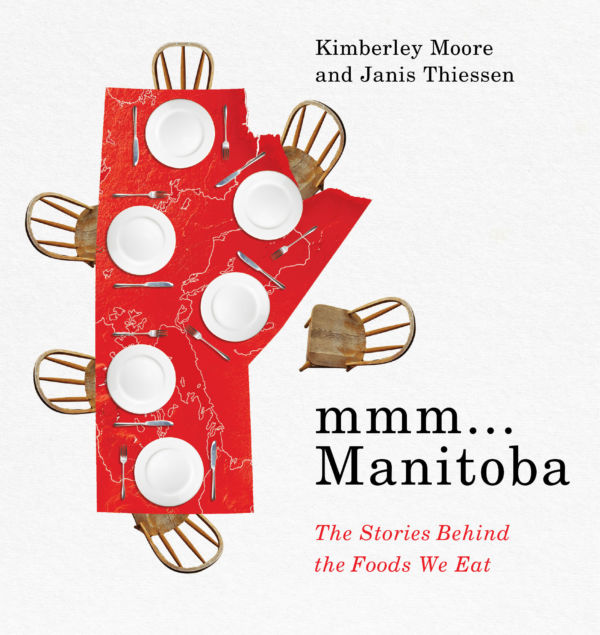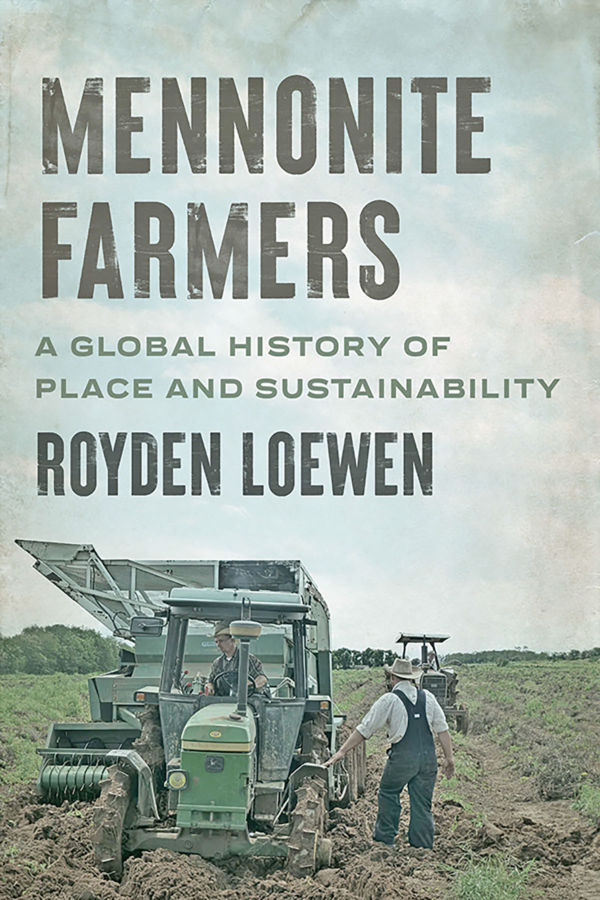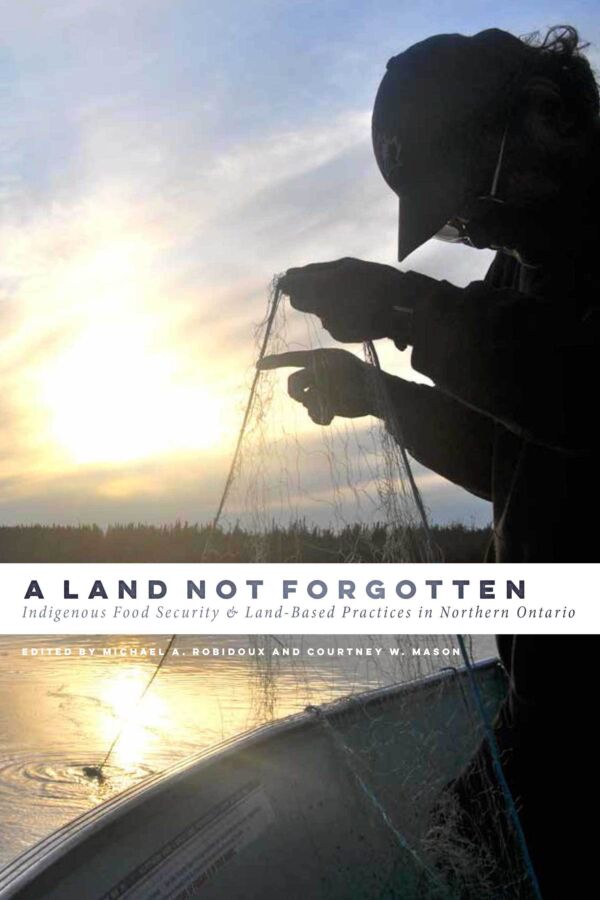Overview
Recipes and Reciprocity considers the ways that food and research intersect for both researchers, participants, and communities demonstrating how everyday acts around food preparation, consumption, and sharing can enable unexpected approaches to reciprocal research and fuel relationships across cultures, generations, spaces, and places.
Drawing from research contexts within Canada, Cuba, India, Malawi, Nepal, Paraguay, and Japan, contributors use the sharing of food knowledge and food processes (such as drying, steaming, mixing, grinding, and churning) to examine topics like identity, community-based research ethics, food sovereignty, and nutrition. Each chapter highlights practical and experiential elements of fieldwork, incorporating storytelling, recipes, and methodological practices to offer insight into how food facilitates relationship-building and knowledge-sharing across geographical and cultural boarders. Contributors to this volume bring a range of disciplinary backgrounds—including anthropology, public health, social work, history, and rural studies—to the exploration of global and Indigenous foodways, perceptions around ethical eating and authenticity, language and food preparation, perspectives on healthy eating, and what it means to develop research relationships through food.
Challenging colonial, heteropatriarchal, and methodological divisions between academic and less formal ways of knowing, Recipes and Reciprocity draws critical attention to the ways food can bridge disciplinary and lived experiences, propelling meaningful research and reciprocal relationships.
Reviews
"Recipes and Reciprocity explores themes within the realm of food studies that are immensely important, offering a “behind the curtain” view of researchers’ data collection and field experiences with food. This book challenges the divide between researchers’ personal and professional selves that research and scholarship typically attempt to maintain through various means of policing what constitutes rigorous method, and what counts as knowledge."
Jennifer Brady, Mount Saint Vincent University
"Recipes and Reciprocity offers a buffet of cultural practices and academic approaches [to] help you rethink the relationships you have with both your food and the people you eat it with."
Donald McKenzie, Dining with Donald
"Through the lens of anthropological fieldwork, interviews, storytelling and sharing of memories, traditions, food experiences and recipes, the articles in this fascinating volume explore food questions and the nature of reciprocity in global and Indigenous foodways… Every chapter is steeped in wonderful discoveries, giving the reader a broader perspective of food in the societal context of building relationships and partaking in a meal."
Luisa Giacometti, Digestible Bits and Bites
Awards
Best in the World, Food & Indigenous Peoples Category, Gourmand World Cookbook Awards (2023)
Best in the World, University Press Category, Gourmand World Cookbook Awards (2023)
Best University Press Book, Canada, Gourmand World Cookbook Awards (2023)
Taste Canada Awards, Culinary Narratives (2023)
About the Authors
Other contributors: Lauren Classen, Monica Cyr, Karine Gagné, Satsuki Kawano, Kitty R. Lynn Lickers, Tina Moffat, Breanna Phillipps, Kelly Skinner, Penny Van Esterik, Adrianne Lickers Xavier
Table of Contents
Introduction
Ch 1: Momo Parties: Crafting Dumplings, Knowledge, and Identity in the Field
Ch 2: Poppycock and Puffed Rice: Recipe Knowledge in Thai Buddhist communities
Ch 3: Drinking Tea in Napal
Ch 4: Bannock: Using a Contested Bread to Understand Indigenous and Settler Relations and Ways Forward within Canada
Ch 5: Evolution and Revolution: Haudenosaunee Histories and Stories of Sustenance and Survival
Ch 6: Our Soup Tells Stories: Kitchen Table Conversations About the Connections, Creations and Traditions of Soup Sharing
Ch 7: Making and Eating Chipa and Mbejú in Rural Paraguay
Ch 8: Preparing Rice in Contemporary Japan
Ch 9: Malawian Small Fry
Ch 10: I Serve You and We Serve Each Other—Honouring the Reciprocity of Métis Relationships in Research






